Clownworld is ever present, always around us. Having said that, there’s something that hits harder when it’s local to you. For instance, here’s my local hospital.
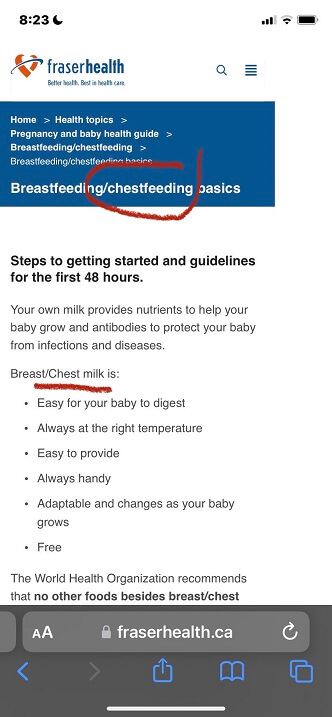
It’s so nice that they give us the WHO’s recommendation that only chest milk be given to our newborn babies within six months of their birth. Don’t be afraid, chestfeeding is natural. So don’t fight it. Put that baby on your chest nipple and let it do the rest.
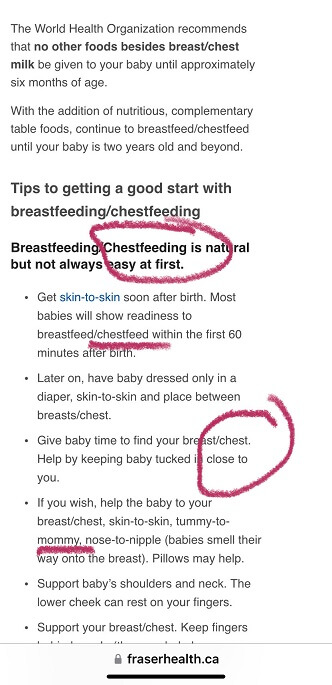
Now let’s take a look at the local schools.
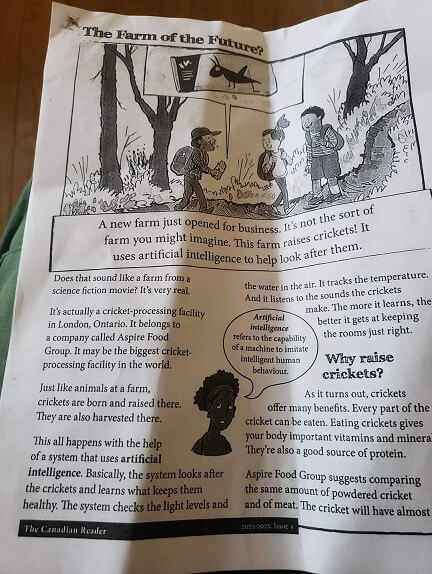
A new farm just opened for business. It’s not the sort of farm you might imagine. This farm raises crickets! It uses artificial intelligence to look after them.
Wow that’s so cool! A futuristic high tech cricket farm. Amazing! I wonder what they’re using the cricket for.
As it turns out, crickets offer many benefits. Every part of the cricket can be eaten. Eating crickets gives you body important vitamins and minerals. They’re also a good source of protein.
A healthy source of protein? That’ll really help me make the gains in the gym. Thanks cricket meat!

This is from School District 42 in BC, the one just over from where I went to school. The material is from Les Plan’s “Canada Reads” program. It’s recommended for kids grade 3-5, and it just so happens to normalize the idea of eating bugs.

I wondered what else it normalized. Searching “Canada Reads” on DuckDuckGo gives us CBC’s page on the program, which, of course, has “Latest Holocaust survivor,” in the search engine preview.
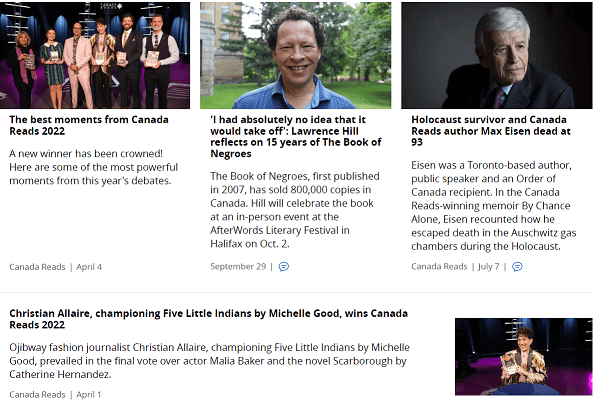
The page itself is a cavalcade of POZ. “Muh Holocaust,” “I’m oppressed as a negro,” and “fuck you colonizers,” are the three books mentioned. Let’s click on that “best moments from Canada Reads 2022,” piece and see what else we can find.
CBC:
Allaire, a writer from Nipissing First Nation, advocated for Five Little Indians, a novel about residential school survivors, trying to build a future while weighted down by trauma. Allaire talked about how Indigenous people experienced this trauma as a collective, and that it’s time for Canada to face the ugly legacy of those schools.
Baker was passionate in championing runner-up Scarborough by Catherine Hernandez. A 15-year-old from Vancouver, Baker said she was surprised how much a novel about an Ontario neighbourhood resonated with her. Describing it as “medicine,” Baker argued that it was a balm for underrepresented communities across Canada and the systemic challenges they face.
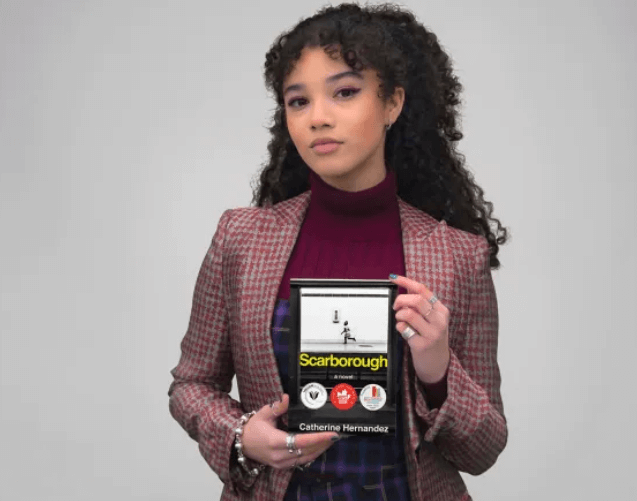
That Scarborough book doesn’t sound too bad, right? Let’s see what CBC has to say about it in their blurb on the book.
CBC:
Scarborough is a low-income, culturally diverse neighbourhood east of Toronto, the fourth largest city in North America; like many inner-city communities, it suffers under the weight of poverty, drugs, crime, and urban blight. Scarborough the novel employs a multitude of voices to tell the story of a tight-knit neighbourhood under fire: among them, Victor, a Black artist harassed by the police; Winsum, a West Indian restaurant owner struggling to keep it together; and Hina, a Muslim school worker who witnesses first-hand the impact of poverty on education.
And then there are the three kids who work to rise above a system that consistently fails them: Bing, a gay Filipino boy who lives under the shadow of his father’s mental illness; Sylvie, Bing’s best friend, a Native girl whose family struggles to find a permanent home to live in; and Laura, whose history of neglect by her mother is destined to repeat itself with her father.

Let’s get back to the Canada Reads best moments article.
Tewksbury brought his all for Washington Black by Esi Edugyan, whom he described as “the Michael Phelps of writing.” The globe-trotting story about a boy who escapes slavery and grows into a brilliant artist and conservationist, Washington Black made Tewksbury reflect on the complexity of freedom and the power of self-discovery.
Hadhad, the founder CEO of Peace by Chocolate and a former refugee from Syria, saw his own story in Omar El Akkad‘s novel What Strange Paradise. He argued that in a closely connected world, it is critical for Canadians to pay attention and have compassion for people — like the novel’s nine-year-old Syrian protagonist Amir — who are affected by war and dispossessed from their homelands.
Simard, a forest ecologist from B.C., saw a pathway forward in Clayton Thomas-Müller‘s memoir Life in the City of Dirty Water. She argued that Thomas-Müller — a Cree man, a survivor of colonial trauma and a committed environmental activist — offers a crucial perspective that will help preserve the planet in the face of climate change.
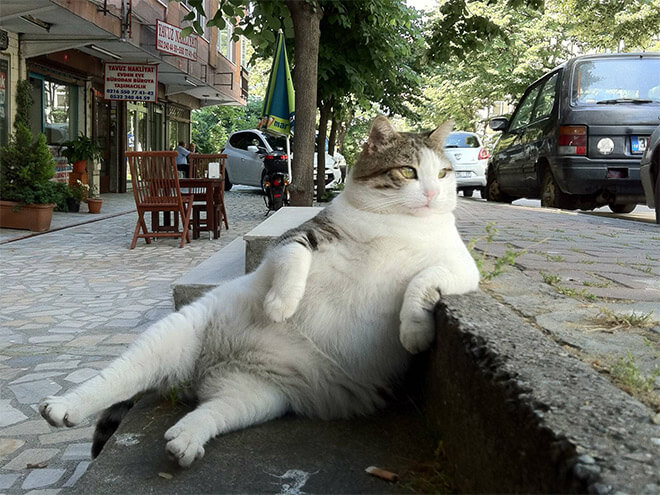
Anyway, the Democracy Class faggots behind this program also want your children to know that eating crickets is good and healthy. Eat those crickets so you can have healthy chestmilk to feed your mystery meat babies.
Honestly, that’s probably the least harmful aspect of this program. Although we should never view bug meat as anything other than a flex from the Democracy Class to the peasants. Nobody wants this, and yet there’s a huge amount of money behind it.

So odd…

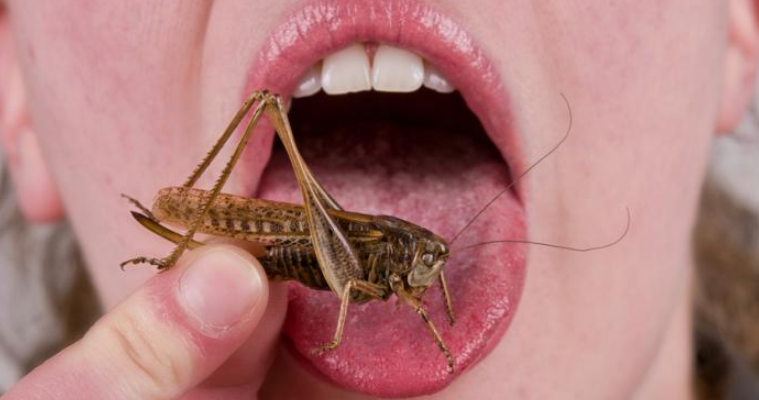

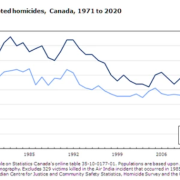
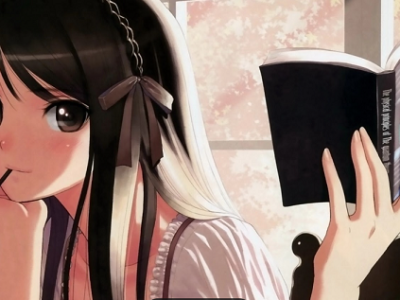
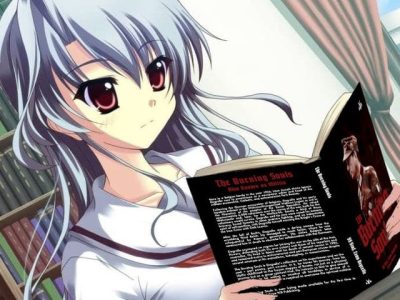
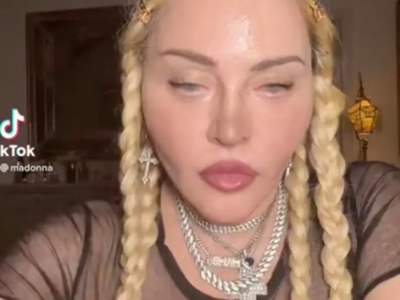
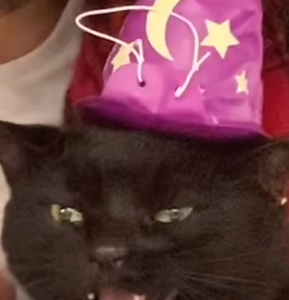
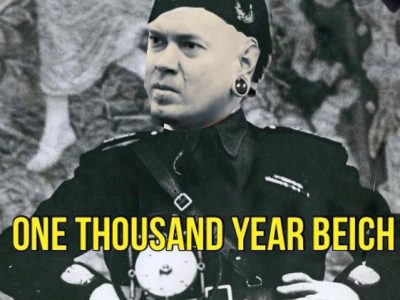



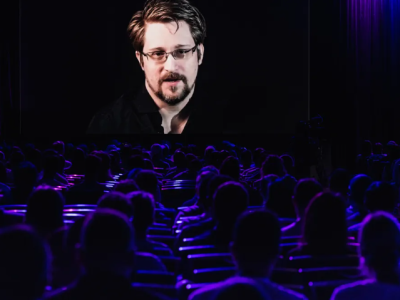

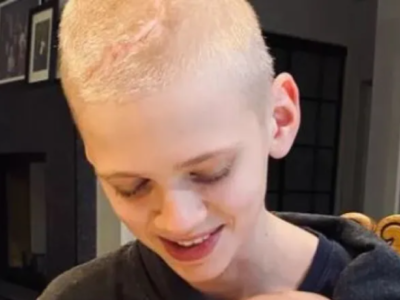
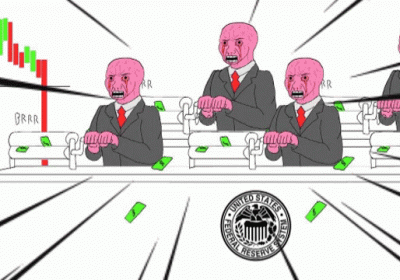
Funny how abos seem to be the only group that can’t get over trauma and get on with their lives. Unlike, say the jews who *ahem* got over the hellokitty-caust and now own the world.
“Five little Indians” sounds pretty gay, I preferred it when it was ten little niggers